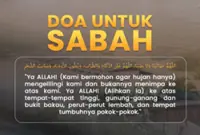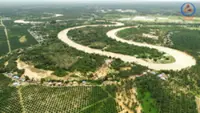KOTA KINABALU: The Malaysian Anti-Corruption Commission (MACC) will review the claimed “full and unedited version” of secret videos allegedly showing Sabah leaders and assemblymen accepting bribes in exchange for mineral prospecting licences.
MACC Chief Commissioner Tan Sri Azam Baki said the review aims to verify the credibility and authenticity of the videos as part of the ongoing investigation.





